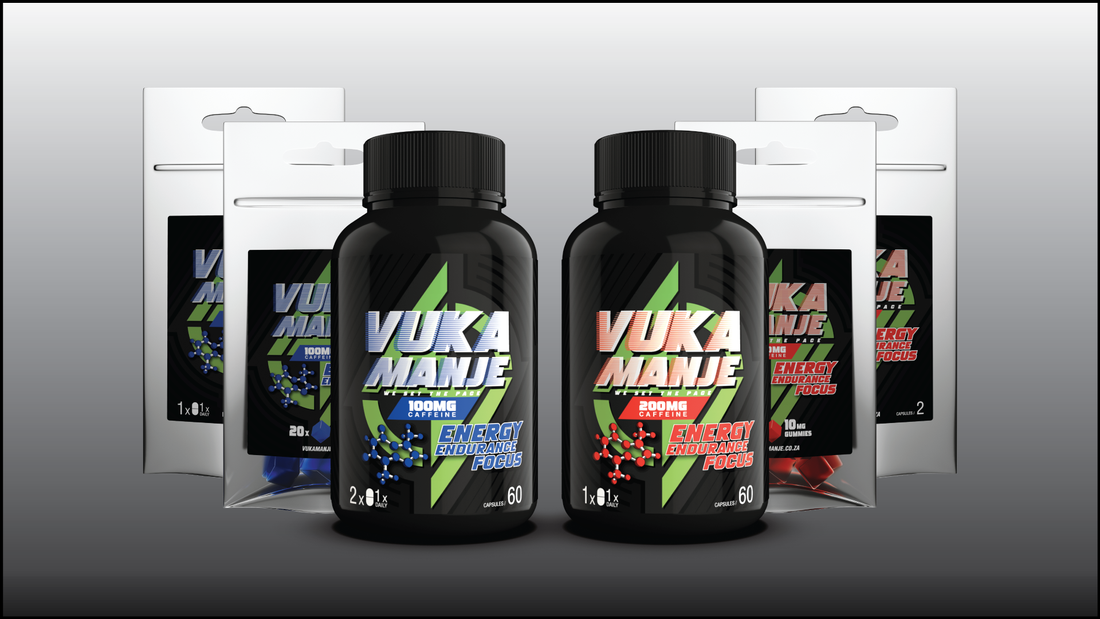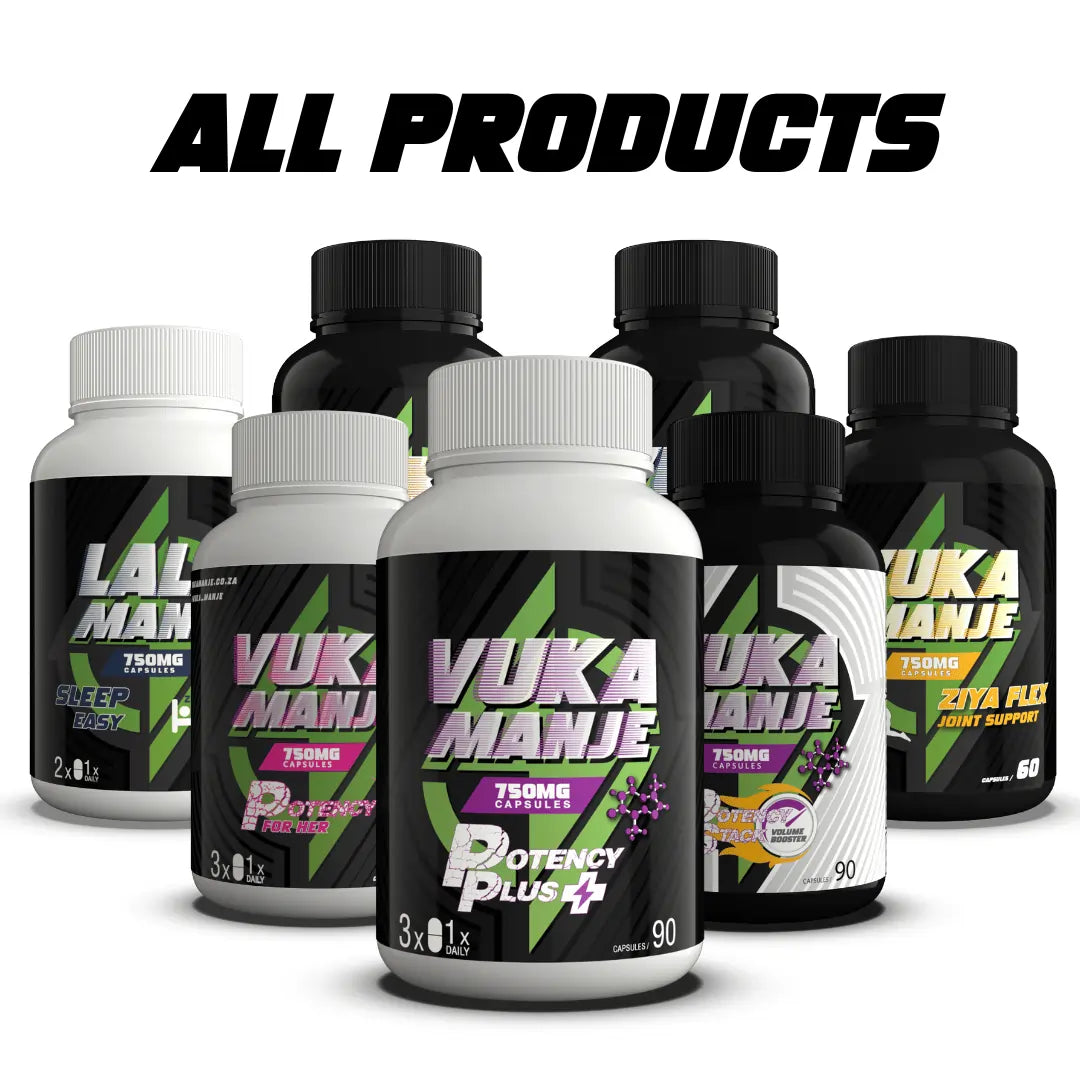
What are the Combined Effects of Caffeine and L-Theanine?
Share
Mixing supplements together isn’t a particularly new idea. Take a trip to your local pharmacy and you’re liable to find a million different multivitamins all promising incredible effects and benefits to the user. Why? Well, generally speaking, it’s a matter of efficiency. Instead of taking ten different pills and capsules, why not just stuff everything into one single tablet that can be ingested quickly and without hassle? When it comes to caffeine and L-theanine, it must be the same principle, right?
Well, you may be surprised to learn that certain chemicals actually have a complimentary effect on one another. Like a genius invention, or a grand work of art, sometimes these compounds can form something greater than the sum of their parts. But what are these effects? How do they work together? And how safe are they really?

While the cognitive benefits of caffeine are well known to most of us, studies have shown that (when combined with L-theanine), these effects can actually become more powerful.
Simply put, things like -
- Reaction Time
- Attentiveness
- Word Recognition
- Mood
- can all be further improved when taking a combination of both caffeine and L-theanine, rather than just one or the other.
But wait a second - research tells us that caffeine is usually found in coffee, and L-theanine is usually found in tea. So why take a pill anyway? Why not just drink more of the same stuff?
Well, drinking too much coffee and tea can actually have some pretty considerable side effects if you do it too often. For instance, all those spoonfuls of sugar can add up over time, and may increase the risk of weight gain, diabetes, and tooth decay. Additionally, tannins found in both drinks can end up staining your teeth, which may see you rushing off to the dentist more often than you’d like.
By contrast, a simple pill-based supplement can help you forego a lot of these problems while still ensuring that you reap most of the benefits.
Does L-Theanine have Health Benefits?
Yes, it does. When consumed, L-theanine is known to -
- Reduce Stress
- Improve Cognitive Function
- Lower Blood Pressure
- Boost your Immune System
-
Improve Sleep Quality
Additionally, L-theanine is known for its low toxicity. This means that there are few, if any, known side effects incurred when consuming L-theanine.
How do you Stack L-Theanine with Caffeine?
L-Theanine and Caffeine can be stacked together in specific ratios to ensure that they compliment each other’s positive effects in the most efficient and healthy way.
Generally speaking, caffeine is the most important thing to watch in this situation as most dietary experts do not recommend exceeding 400 mgs of it per day.
L-theanine dosages have fewer known side effects, and, as a result, the L-theanine ratio in a stack usually outpaces the caffeine content by a certain factor.
What is the Best Caffeine and L-Theanine Stack?
While some people out there like to time their intake of L-theanine to better coincide with the effects of the caffeine, or mix the two chemicals in wacky variations and dosages, most research involving the combination prioritises a simultaneous ingestion with a ratio somewhere between 2:1 and 1:1.
What does this mean?
Well, simply put, it means that most people will get the biggest kick out of the combination when they take both substances together and in similar dosages.
However, thanks to the aforementioned low toxicity of L-theanine, it’s safe to add a little bit extra into the mix without negatively impacting the effects of either.
What is the Difference Between Stimulants and Nootropics?
At the end of the day, the distinction between a stimulant and a nootropic is more of a difference in degree than a difference in kind, and both labels are usually used to refer to a substance that improves cognitive function and/or calms the individual.
Indeed, many people use the terms interchangeably and there can be quite a lot of overlap between the two substances. That said, we can still identify one or two notable dissimilarities.
Generally speaking, stimulants refer to prescription drugs that are used to achieve some sort of cognitive boost. This usually includes drugs used to treat individuals with ADHD, such as Ritalin or Adderall. These drugs are normally more effective then what we might call ‘natural nootropics’, but they also carry a heavier cost in the form of negative side effects and addictive qualities.
By contrast, natural nootropics like caffeine and L-theanine do not usually require any kind of prescription, and can often be found in everyday consumables like coffee, tea, chocolate, etc.
These substances - while less powerful than their clinical counterparts - also tend to carry less downsides with their consumption.
Is Caffeine a Nootropic?
Yes, it is. Caffeine is perhaps the most common and well known nootropic in the world. Is it normally consumed in the form of tea or coffee, but recently, people have begun to ingest it in pill form so as to gain its cognitive benefits without risking some of the side effects that often come along with drinking too much coffee.
What is L-Theanine?
L-Theanine is an amino acid analogue that is found in many black and green teas as well as in some mushrooms.
It is most notable for its ability to lower stress and induce a sense of calmness in the user. Incredibly, this effect does not result in drowsiness or a loss of concentration, making L-theanine an ideal nootropic supplement.
The Nootropic Stack for Beginners: Caffeine and L-Theanine
It’s important to remember that there is such a thing as too much caffeine. As a result, newcomers to the world of nootropics may want to restrict their intake so as to avoid unwanted side effects.
As noted, the recommended daily intake for adults is around 400 mg of caffeine per day, however, individuals with a lower tolerance may be able to achieve the desired effects with even less.
A moderate mix of caffeine and L-theanine at a ratio of around 1:1 should be enough for most nootropic beginners.
Side Effects and Interactions
Negative side effects will usually stem from an excessive intake of caffeine. This can result in symptoms such as -
- Anxiety
- Shakiness
- Dehydration
- Heartburn
- Stomach discomfiture
- Insomnia or other changes to your circadian rhythms
Generally speaking, caffeine should also be avoided by children and pregnant women.
L-Theanine can also lower your blood pressure, and should be avoided by users who suffer from a related condition or those who are already on medication that may lower blood pressure.
Dosage
400 mgs is the recommended daily dose of caffeine for most adults. Of course, if you have any concerns, it is always worth consulting with a trained healthcare professional.
Is L-Theanine Safe?
As mentioned, the low toxicity of L-theanine makes it the perfect supplement with no confirmed negative side effects.
That said, it can lower your blood pressure and should thus be avoided by individuals with low blood pressure or by people who are already taking medication with a similar effect.

In Conclusion - Why Combine Caffeine and L-Theanine?
Considering the stimulating effect of caffeine as compared to the soothing effect of L-theanine, they don’t really seem to be ingredients that naturally benefit each other. However, research has shown that the two supplements actually have very complimentary qualities which can be capitalised on with the right dosages.
A blend of caffeine and L-theanine can boost the effectiveness of both elements and create a more dynamic reaction in the user.
Individuals who take a mix of caffeine and L-theanine can expect the major jump in cognitive functioning and attentiveness that is so commonly associated with caffeine, while still experiencing the stress relieving quality of L-theanine.
These qualities make the mix perfect for people who need a combination of alertness and tranquillity when dealing with particularly stressful and demanding environments.
Both ingredients are what we call ‘Nootropics’, however, they differ from prescription stimulants in both their intensity and in their resulting side effects. Other nootropics, such as the medication used in the treatment of ADHD, are known to be effective, but usually come with various downsides and a heightened risk of addiction.
By contrast, ‘natural nootropics’ such as caffeine and L-theanine have much milder effects and may result in less ‘dependency’ on the part of the user.
Most caffeine/L-theanine stacks usually work with a ratio of between 1:1 and 1:2. This blend is usually considered to be the most effective, and allows users to easily control their intake of both ingredients.
L-Theanine’s low toxicity makes it a safe option for nearly any individual, but caffeine does have a recommended daily intake limit of around 400 mgs. Additionally, many first-time nootropic users may find that they can achieve the desired effects of the blend while ingesting far lower amounts.
If you have any concerns, it is best to consult with a healthcare professional who can say which sorts of dosages will be best for you.
Blends should usually be avoided by pregnant women, children, and individuals suffering from low blood pressure.
Try out our range today, and become part of the Vuka Manje Tribe!

